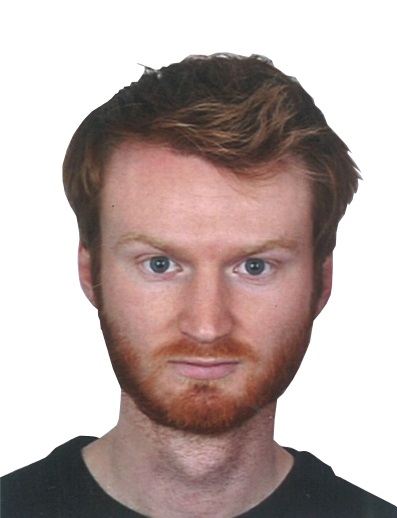Dylan Gaffney has designed a website to showcase his archaeological research on the Raja Ampat Islands of West Papua.
This region represents the crucial link in understanding how ancient Homo sapiens and other hominin species initially migrated through Island Southeast Asia into the Pacific, and which adaptive behaviours allowed the world's first seafaring populations to thrive on small rainforested islands.
Dylan Gaffney
A Gates Cambridge Scholar has designed a website that showcases an archaeological project in the Raja Ampat Islands of West Papua which has unearthed new material revealing how its ancient human inhabitants lived.
Dylan Gaffney [2017], who is doing a PhD in Archaeology, has written and designed the website on the Raja Ampat Archaeological Project which documents some of the first ever work into the human history of the region in an effort to communicate the project's research findings to the wider public both internationally and in local Raja Ampat communities.
The Raja Ampat Islands lie at the gateway to the Pacific and were key stepping stones between the societies of Asia and Oceania. The area is rich in wildlife, both on land and sea, and in natural beauty.
Between 2018 and 2019 Dylan and Indonesian colleagues have been exploring Waigeo and Gam, the largest islands in the group, and have been able to locate over 150 previously unknown archaeological sites with the help of local guides, fishermen and hunters, including historical villages, burial caves and middens of shellfish which provide evidence of early village settlements. Artefacts uncovered from three major excavations at these sites date back to the Palaeolithic and Neolithic periods, including stone tools and bone points.
The research is ongoing and the team are looking at questions such as how ancient people in the region adapted to life in the rainforest.
Dylan says: "This region represents the crucial link in understanding how ancient Homo sapiens and other hominin species initially migrated through Island Southeast Asia into the Pacific, and which adaptive behaviours allowed the world's first seafaring populations to thrive on small rainforested islands."

Dylan Gaffney
- Alumni
- New Zealand
- 2017 PhD Archaeology
- Magdalene College
I grew up in Dunedin, New Zealand, where I later studied a BA in Classical Studies and Anthropology, and a BA Hons and MA in Anthropology at Otago University. My work explores the deep human history of the Indo-Pacific islands and long term changes to society, technology, and subsistence. My research around New Guinea has focussed on 1) the production and exchange of material culture by Austronesian-speaking communities around the northeast coast of Papua New Guinea; 2) Pleistocene-Holocene settlement, agriculture, and trade around the New Guinea Highlands; and, most recently as the subject of my PhD research, 3) human adaptation to small rainforested islands in eastern Wallacea and northwest New Guinea. Prior to beginning my PhD I was employed as Research Coordinator at Southern Pacific Archaeological Research where I examined stone tool industries around southern Aotearoa, early European settler urbanisation and industry, and the first Chinese settlement of New Zealand in the late nineteenth century.
Previous Education
University of Otago












